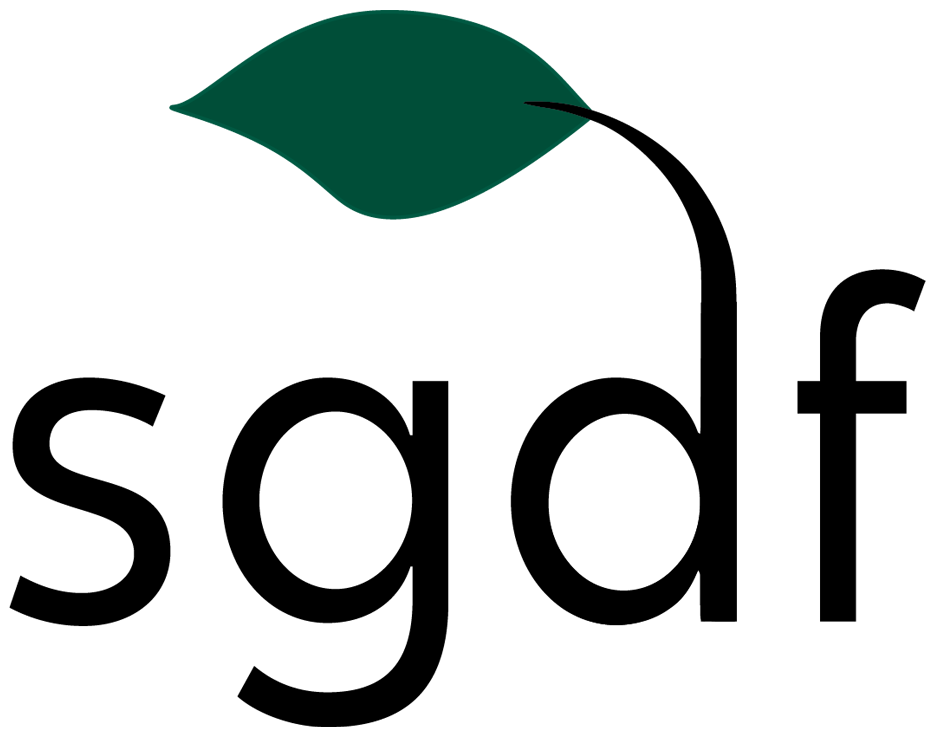International Development: Assumptions and Change
By Solomon Kronberg, BA Economics and Comparative Cultures & Politics 2022
Earlier this month, the SDGF marketing team discussed what kind of material we should provide while covering international development this February. Madeline, our marketing director, made an important point: we had to define international development if we were going to do good work. So, we set about trying to do just that. What is international development and why should we care? What role does Spartan Global play? Development affects all of us, which makes answering these questions important for our organization and everyone else.
So when people say international development, what do they mean? As a noun, development is used to indicate economic or social evolution. Most consider the spillover of new technologies and ideas about how they should be used as development’s backbone, creating profitable markets and therefore opportunities for prosperity. If we treat development as a verb, it refers to ‘doing’ development or creating these changes. But who’s doing this pushing? It comes from a plethora of directions; however, international development implies the importance of countries and the relationships between them. Government agencies, like USAID, and government-funded NGOs, like the World Bank are usually the ‘big movers’ in international development. They enter agreements with governments, trying to create the conditions for economic growth through investment and advising. Smaller NGOs and private businesses play a role as well by investing, trading with international partners, and many other practices. The United States’ government has been deeply invested in ‘doing development’ since the end of World War II, investing billions of dollars around the world. Whether it’s by purchasing products made in other countries or paying taxes, US citizens are involved in international development.
It seems logical that the march of time would bring more prosperity and economic interconnectedness, making development as I defined it seem natural or inevitable. But looking at international development critically raises questions about the way certain actors ‘do development.’ Consider for a moment: what if economic relationships were political, which in this case means factors other than social welfare and efficient resource use affect the exchange of goods and capital? Applying this perspective to development raises troubling questions. For example, we often assume that the United States and other countries are acting ‘charitably’ when investing in developing countries. However, the result of this development tends to take the form of slumification as developing economies specialize in cheap goods made in dangerous factories. To assume that ‘industry specialization’ and other hot-button economic strategies are the only way to create prosperity is misleading, but international investment comes with the expectation that developing countries will adhere to those conventions. Why are these policies mandated? If we return to the idea of economics as political, it would follow that developed countries ‘do development’ in a way that benefits them. Cheaper imports and increased demand for profitable exports are some of the macroeconomic benefits developed countries reap from our economic perspective and power to force other countries to accept it.
Given the inherent difficulties I’ve described, how does Spartan Global fit into international development? Our organizational ethics are based on the idea of economics as a political system, meaning we seek to act respectfully, equitably, and sustainably in our partnerships with international partners. The organization’s lending model is centered around zero interest rate microlending, reflecting our prioritization of relationships over profit. We lend to entrepreneurs who take prosperity into their own hands. They’re inspirational business people who create ventures that fit their ambitions, simultaneously battling impoverishment and the economic mandates of those who ‘do development’ and cause harm.
Thank you for reading. Please check back next month for more education initiative publications!

